The Importance of Quality Control in Commercial Construction: Ensuring Excellence Every Step of the Way
Commercial construction projects are intricate endeavors that demand precision, expertise, and attention to detail. From skyscrapers to shopping malls, every structure represents a significant investment of resources and serves as a testament to the builder's craftsmanship. However, achieving excellence in commercial construction goes beyond meeting deadlines and staying within budget. It hinges on the rigorous implementation of quality control measures throughout every phase of the project. In this blog post, we'll explore the critical importance of quality control in commercial construction and how it ensures excellence every step of the way.
1. Upholding Safety Standards
Safety is paramount in commercial construction, not only to protect workers but also to safeguard the integrity of the structure and the well-being of future occupants. Quality control measures such as regular inspections, adherence to building codes, and proper training for personnel help mitigate safety risks and ensure a secure working environment. By prioritizing safety through rigorous quality control, construction companies demonstrate their commitment to excellence and instill confidence in their clients and stakeholders.
2. Maintaining Structural Integrity
The durability and longevity of a commercial building depend on its structural integrity. Quality control practices, such as thorough material testing, precise measurements, and meticulous craftsmanship, play a crucial role in maintaining structural stability. By adhering to industry standards and best practices, construction teams can identify and address potential weaknesses before they compromise the integrity of the structure. This proactive approach not only enhances safety but also protects the client's investment in the long term.
3. Enhancing Aesthetic Appeal
In addition to functionality and durability, commercial buildings are often valued for their aesthetic appeal. Quality control in construction extends to the finer details of finishing work, interior design, and architectural elements. By maintaining high standards of craftsmanship and attention to detail, builders can ensure that the final product meets or exceeds the client's expectations in terms of aesthetics. Whether it's a sleek office tower or a stylish retail complex, meticulous quality control elevates the visual appeal of commercial constructions, making them stand out in the urban landscape.
4. Meeting Regulatory Requirements
Commercial construction projects are subject to a myriad of regulatory requirements, ranging from zoning ordinances to environmental regulations. Quality control measures help ensure compliance with these regulations, avoiding costly delays and legal complications. By conducting thorough inspections, obtaining necessary permits, and adhering to industry standards, construction companies can navigate the regulatory landscape with confidence and integrity. This commitment to regulatory compliance not only protects the interests of clients but also fosters trust and credibility within the community.
5. Minimizing Rework and Cost Overruns
One of the most significant benefits of quality control in commercial construction is its ability to minimize rework and cost overruns. By identifying and addressing issues early in the construction process, such as design flaws, material defects, or construction errors, quality control measures prevent costly mistakes down the line. This proactive approach not only saves time and resources but also enhances project efficiency and profitability. By investing in quality control upfront, construction companies demonstrate their dedication to delivering value to their clients while maintaining profitability.
Conclusion
Quality control is not just a buzzword in commercial construction; it's a fundamental principle that underpins excellence and reliability in every aspect of the building process. From upholding safety standards and maintaining structural integrity to enhancing aesthetic appeal and meeting regulatory requirements, quality control measures ensure that commercial constructions meet the highest standards of excellence. By prioritizing quality at every step of the way, construction companies can build not just structures, but legacies that stand the test of time and inspire confidence in generations to come.
